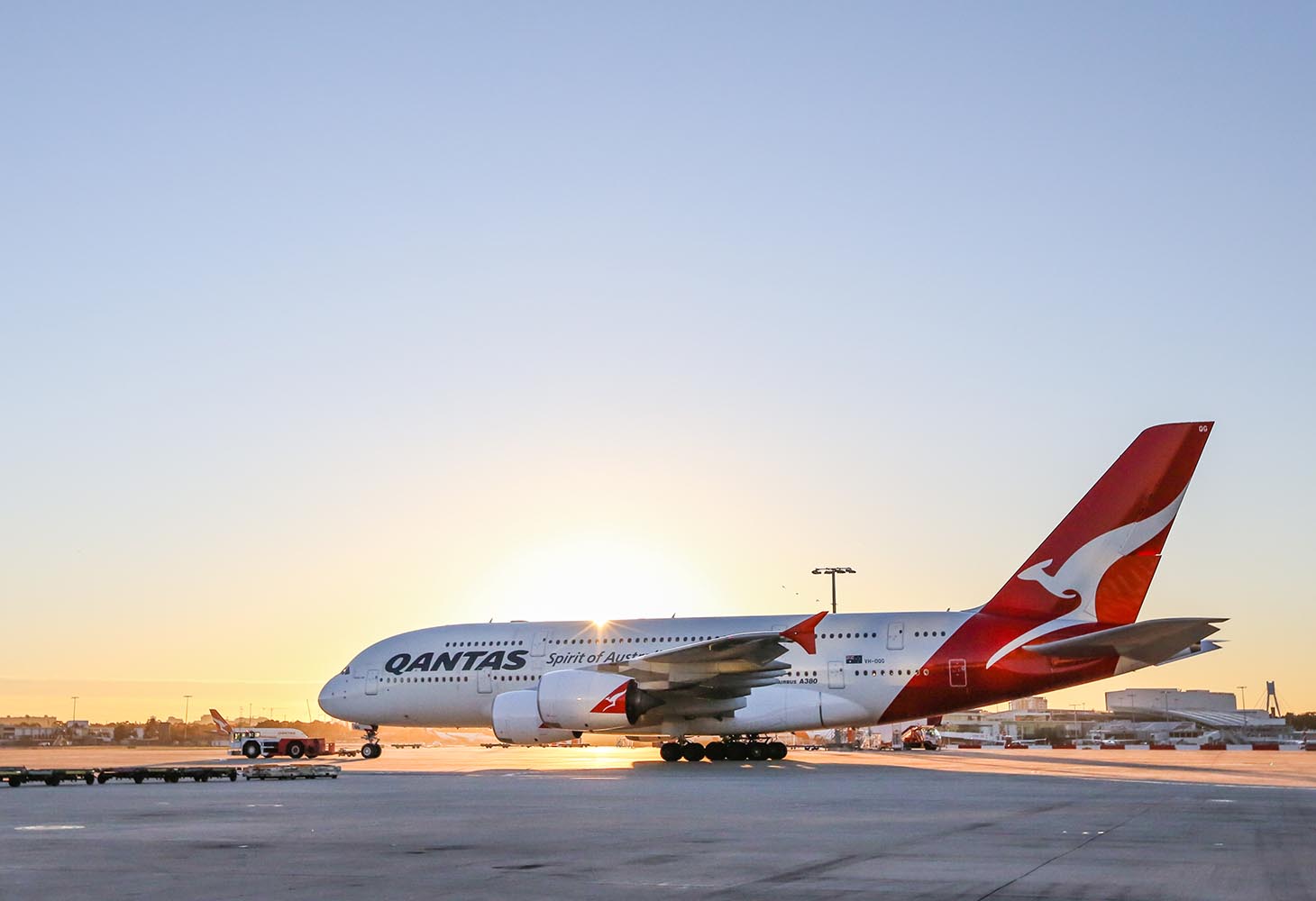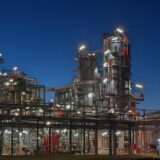
ARENA seeks proposals to support SAF production in Australia
The Australian Renewable Energy Agency (ARENA) is seeking proposals that support commercial or pre-commercial sustainable aviation fuel (SAF) production. The Sustainable Aviation Fuels Funding Initiative aims to support the development of a SAF industry with production from renewable feedstocks in Australia.
Applications for the SAF initiative are open now, with expressions of interest due by November 1, 2023.
The initiative will provide up to AUD30 million (USD20 million) support for engineering feasibility and project development activities, or funding for pilot-scale and pre-commercial demonstrations.
ARENA will also seek proposals with novel and scalable approaches across the supply chain. This could include innovation in feedstock supply such as aggregation or business models to enable domestic SAF production.
However, proposals must demonstrate an eligible renewable feedstock and production pathway. Power to Liquids (PtL) or E-fuels production pathways are not supported under this initiative.
Grant funding applications, via a two-stage process, should be within the AUD1 million (USD0.67 million) to AUD30 million (USD20 million) range.
ARENA CEO Darren Miller said the funding initiative is about utilising Australia’s natural advantages to reduce emissions and make the most of the economic opportunities on offer.
“With abundant agriculture, waste and residue resources, Australia has the potential to support a thriving domestic biofuel industry,” Miller said.
ARENA’s 2021 Bioenergy Roadmap found SAF produced from renewable biomass could provide up to 19% of Australia’s aviation fuel requirements by 2030.
ARENA has in the past supported projects transforming wastewater and agricultural waste into biofuels. Earlier this year, biomass-to-energy company Renergi completed installation of its demonstration pyrolysis plant in Western Australia. The plant converts hard agricultural waste into biochar, wood vinegar and bio-oil, which could potentially be refined into sustainable aviation fuel.
Aviation is responsible for around 1% of Australia’s total annual emissions. On a per capita basis, Australia comes only second to the United States for annual emissions from domestic flights and fifth if you count international flights.
But because of Australia’s global location and large geographic size, aviation is often the only viable option for freight and passenger transport.














